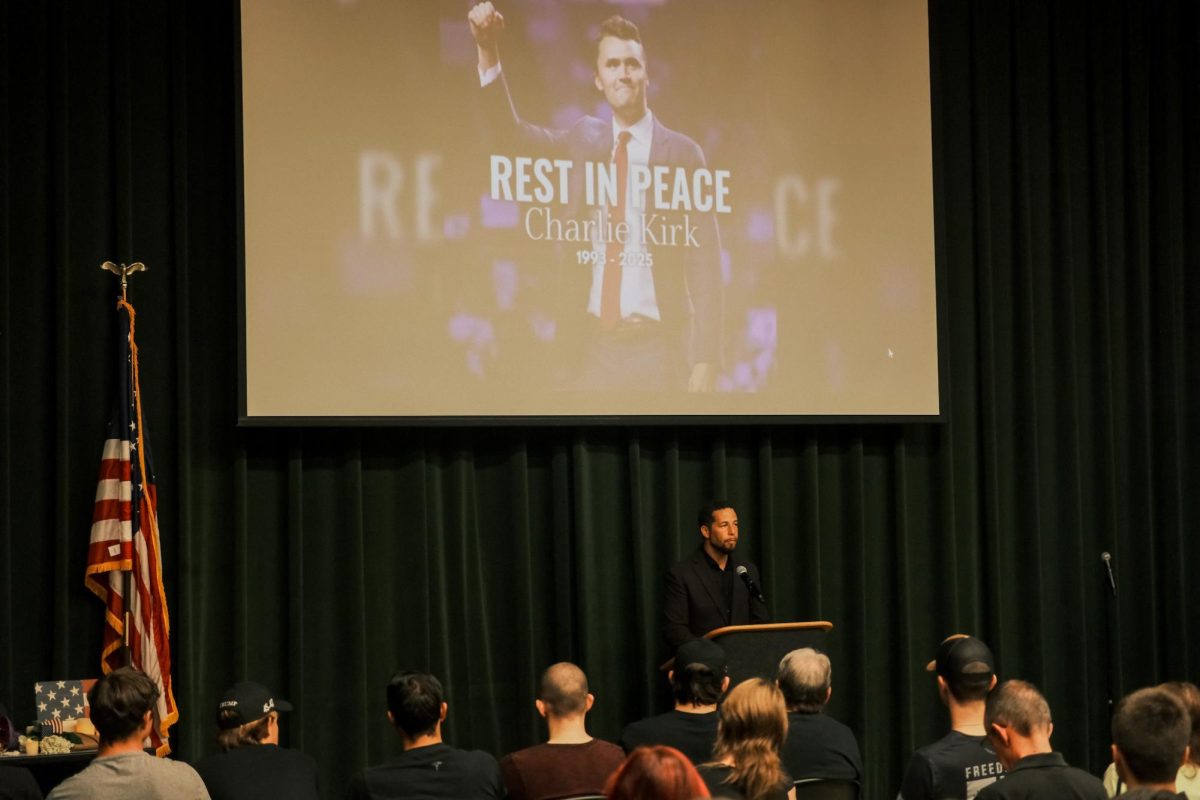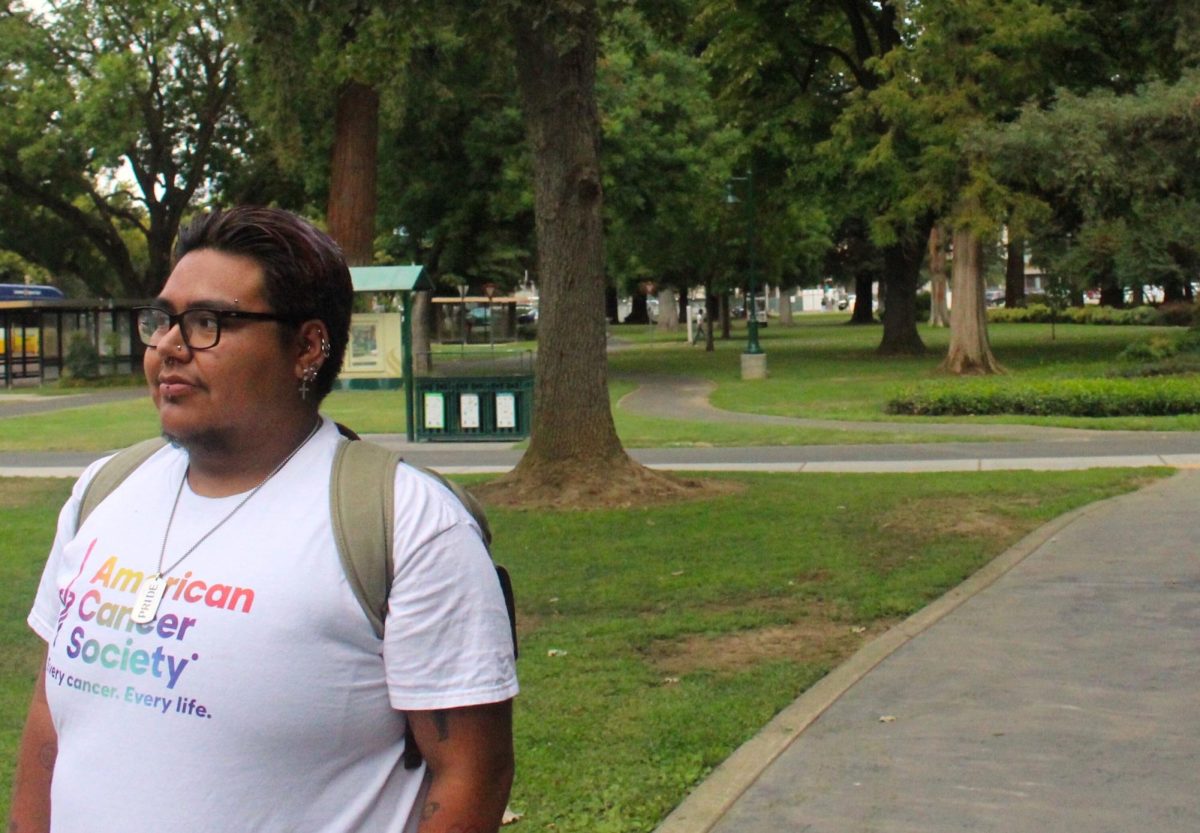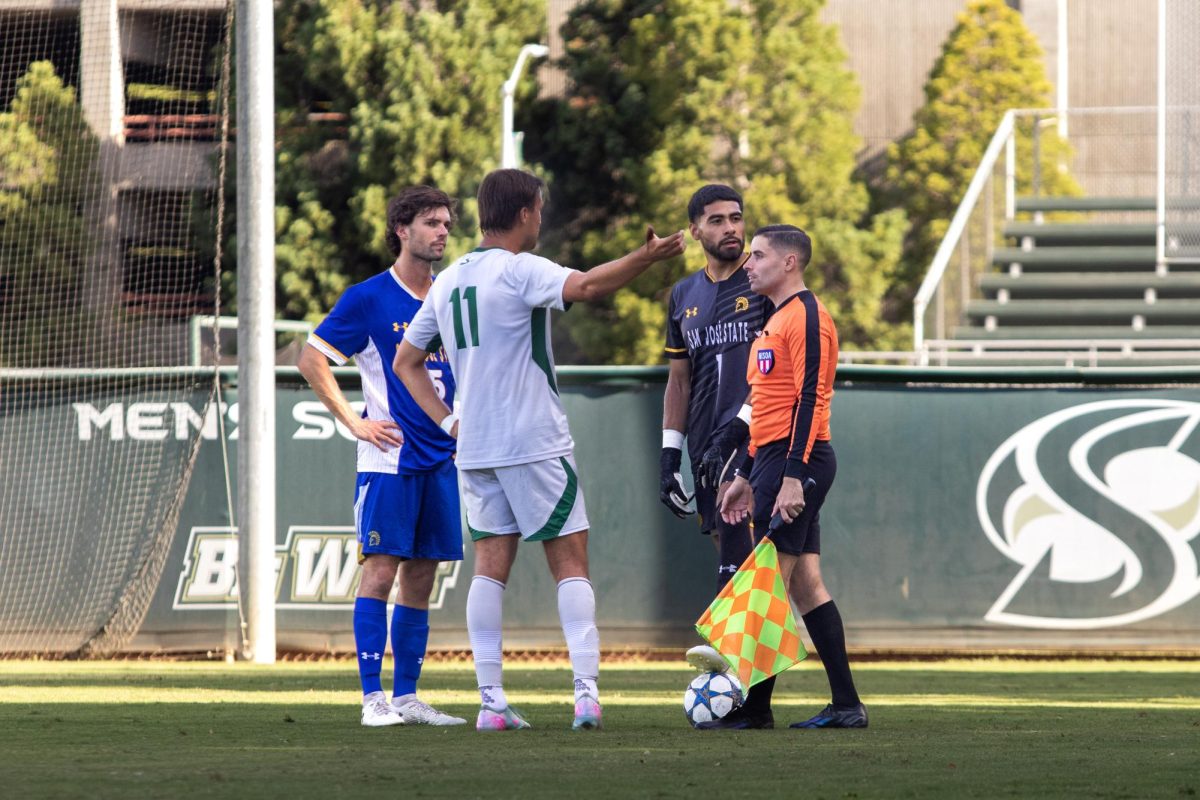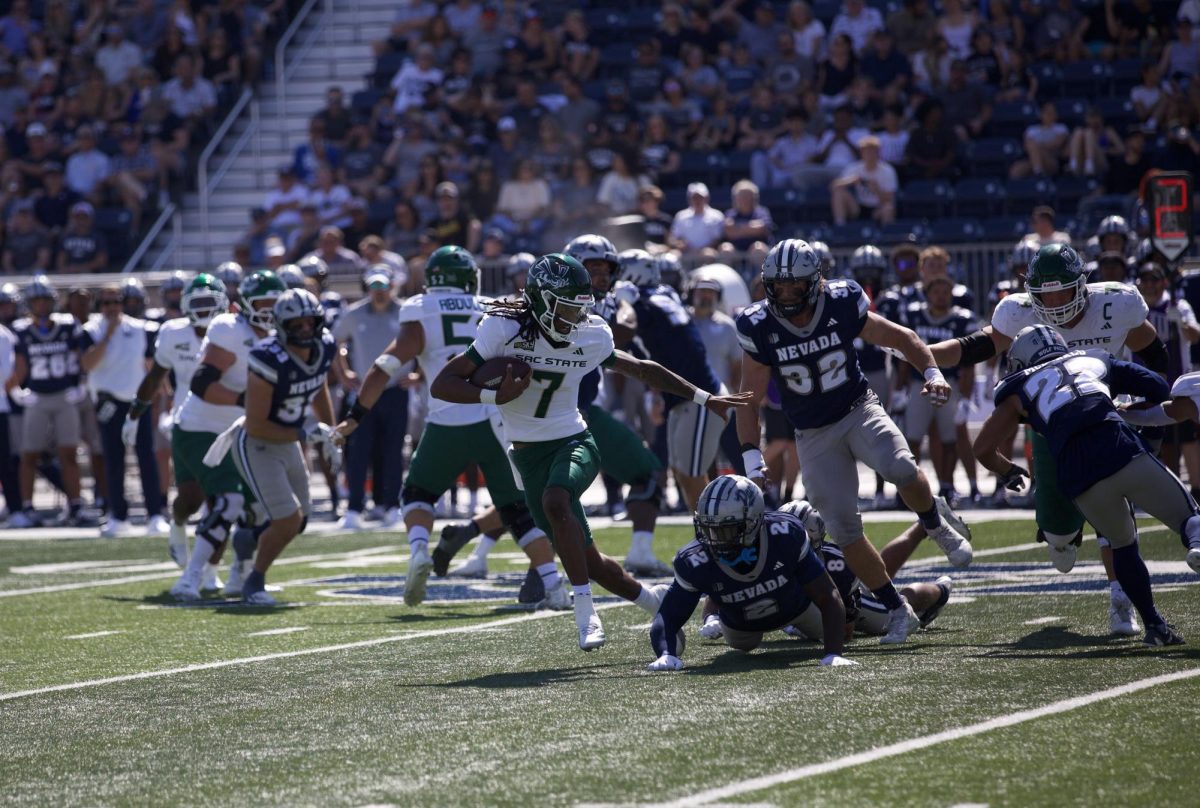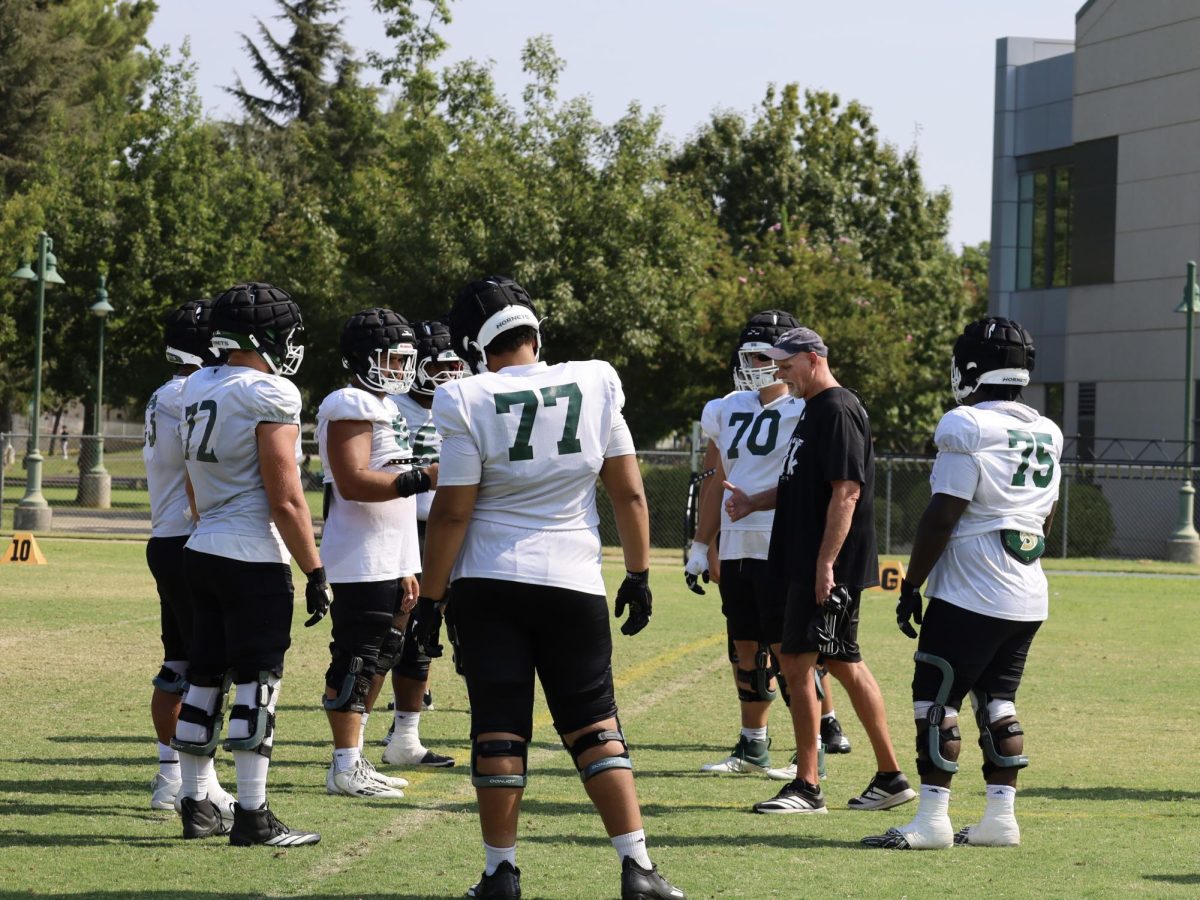Encountering panhandlers puts strain on one’s conscience
October 1, 2006
A homeless man loitered in his usual spot outside of the CVS entrance on South Crouse Avenue. My friend and I hurried past him nervously as we left the store to avoid his haggling on the way to the car.
Ladies, can you spare some change for a hungry man? he asked with hopeful eyes. Once we’d reached a safe distance and unlocked our car with our convenient keyless entry, we muttered our typical response to such requests from the homeless.
Sorry, we said as we looked down at our feet and hopped into her 2006 Infinity SUV.
You girls drive safe, he called after us as we rolled down our windows to light cigarettes for the ride home. God is watching.
My heart sank as we drove away in our luxury car, smoking cigarettes and blasting music. His final words rang in my ears as I wondered if they could be true. Was God watching?
As I thought back to my past experiences with the homeless, I noticed a trend. Whether I had hundreds in my wallet or simply some spare change at the bottom of my bag, I have never stopped to help out the homeless.
One childhood memory seems to explain my fear. When I was seven years old I gave a nickel to a homeless man, who proceeded to chase me down the street screaming obscenities and throw an empty bottle of scotch against the sidewalk. I ran to my father, who tried to explain what had happened as he dried my tear-soaked face.
You need to be more careful, honey, he said. He just wanted money for booze and drugs. Looking back, I wonder whether or not he was right.
A 2005 survey on homelessness by the Congressional Research Service noted that on average, 23 percent of homeless people were considered mentally ill, 30 percent abused substances, 17 percent were unemployed and 10 percent were veterans. Thus, the reservations some people have toward giving money to the homeless are statistically justifiable. These attitudes could be attributed to the chance of a run-in with someone who is mentally ill or addicted to drugs.
Not all SU students are hesitant to contribute to the less fortunate.
I’m a sucker for the beggars on Marshall Street, so I am always willing to give some spare change, said senior Jessica Spitzer, a communications and rhetorical studies major. But it’s always bound to cause an issue with my friends.
Spitzer’s friends believe that giving out change can be dangerous.
They think that (the homeless) will continuously recognize me and take advantage of the fact that I am willing to spare some change, she said
There is no question that each time we pass a homeless person on the street we face an internal debate regarding our own morality. If we hesitate out of fear, surely we cannot be bad people. Given the dangers of interacting with the homeless and the risk of their misuse of our contributions, our decision seems justified. Yet no matter what drives us to keep our spare change in our pockets the words of one homeless man will remain with me forever: God is watching.


